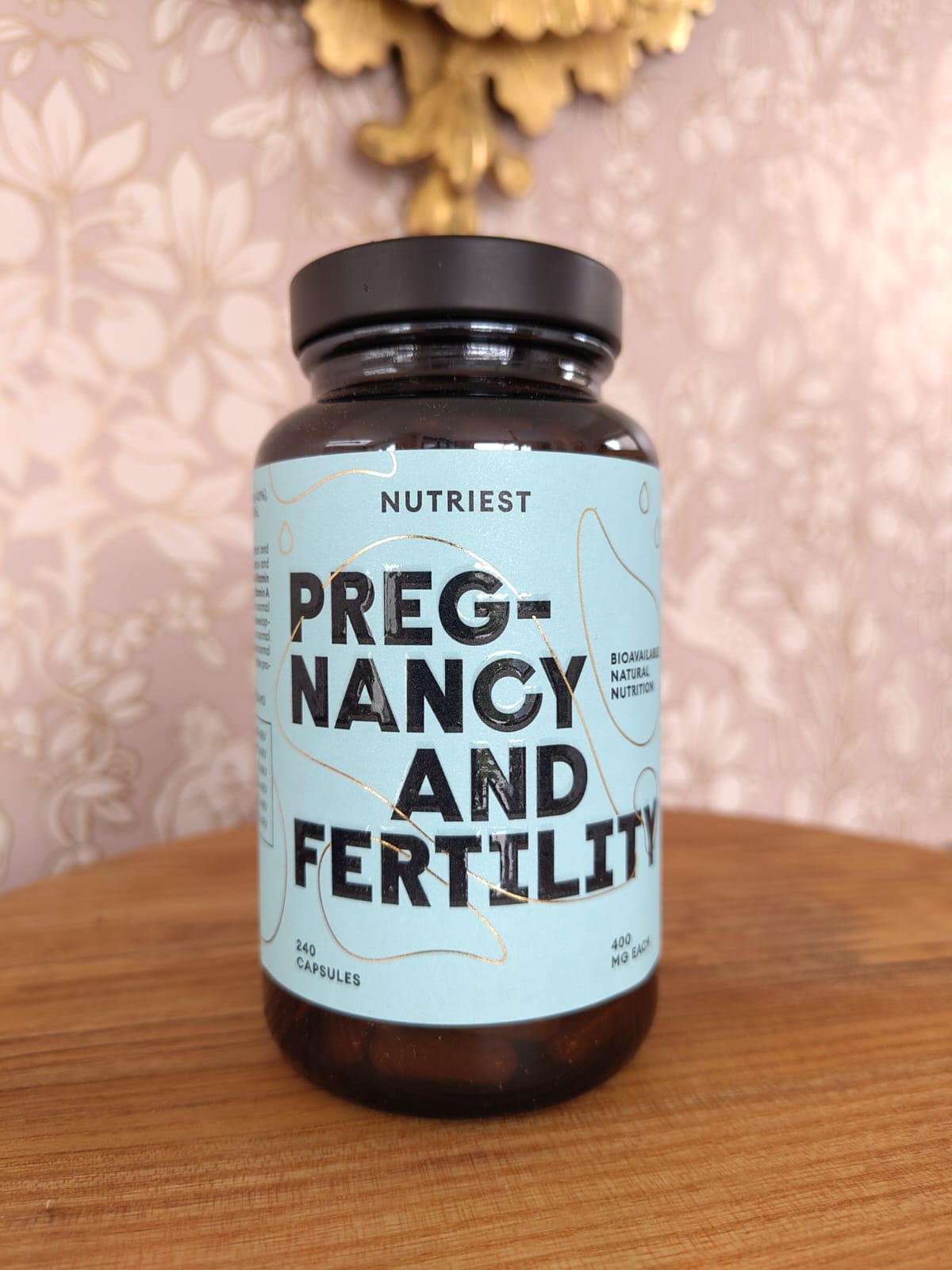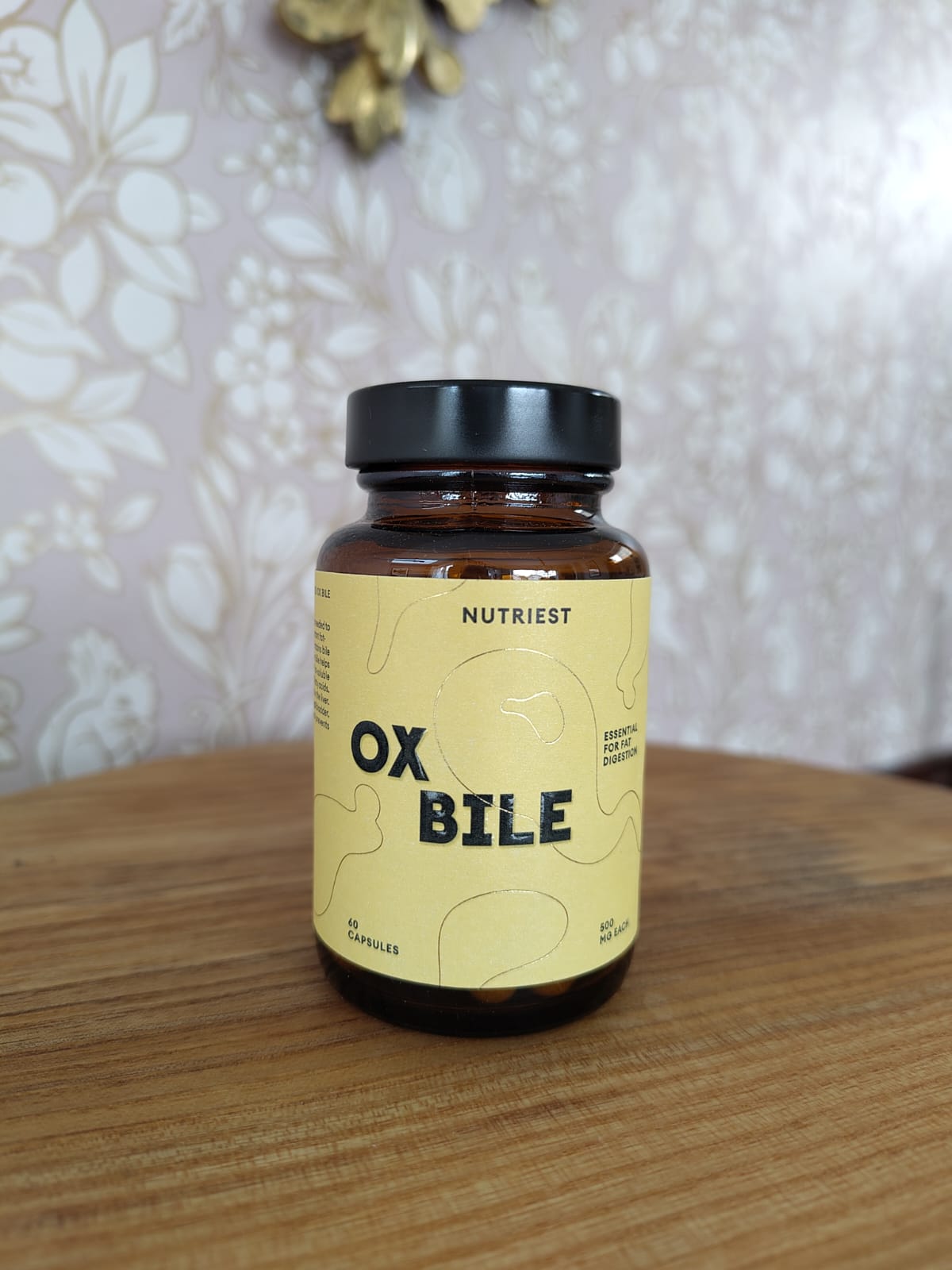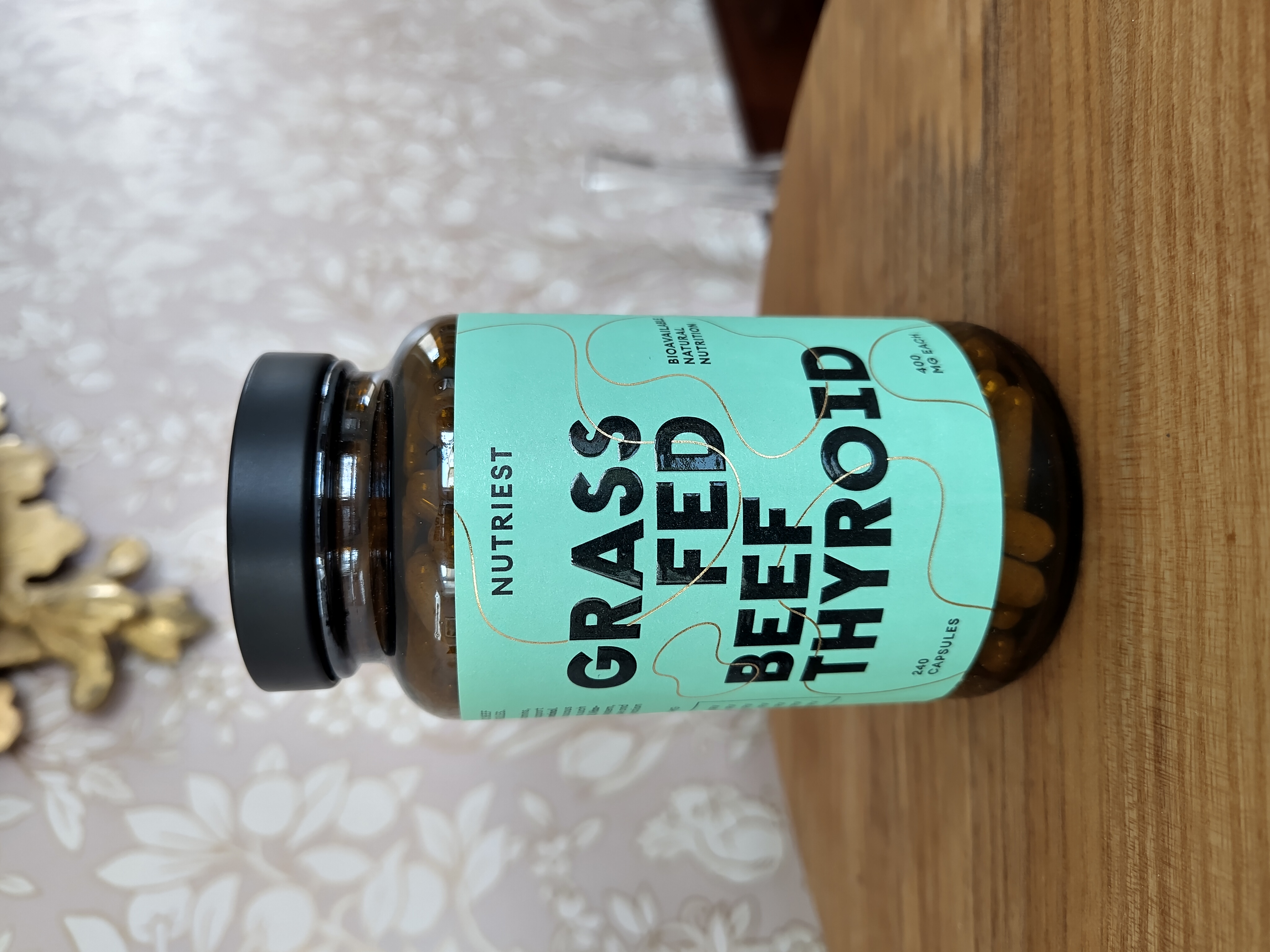Lowering cholesterol has become a major past-time for people of many ages. It is fuelled by fear of having a heart attack and/or stroke, much of which comes from pharmaceutical companies wanting people to rely on statins (medications which lower cholesterol levels) and food companies selling margarines, yoghurts and other items containing cholesterol lowering plant sterols. While it is true that cholesterol will be found in clogged arteries they are not the real culprits. More about that in a minute…
Functions of cholesterol
- Precursor to vitamin D which is essential for many bodily functions including supporting a healthy immune system
- Supports optimal sex hormone function, oestrogen, progesterone, testosterone etc.
- Brain health: 25% of cholesterol is found in the brain
- Supports optimal serotonin levels – essential for mental health
- Helps maintain the integrity of the wall of the digestive tract, preventing symptoms of indigestion
Factors that can contribute to increased risk of heart problems
There are many factors which can contribute to an increased risk of heart problems: angina, MI, stroke etc., these include:
- Diet high in sugar & polyunsaturated and trans fats
- Chronically elevated blood sugar and insulin
- Being overweight or obese, especially around the mid-rift area & with a BMI (Body Mass Index) of over 30
- An inactive lifestyle
- Stress, especially over the long term
- Chronically levated blood pressure
- Elevated homocystiene levels (an amino acid involved in the methylation cycle)
As mentioned above, cholesterol is usually found on the arterial walls of heart attack patients. One of the functions of cholesterol is to repair damaged arteries which have been attacked by viruses like herpes, cytomegalovirus and bacteria like h-pylori. These cause lesions in arteries and as one of the jobs of cholesterol is to repair the damage they are sent to the site. The most effective solution here is to eliminate the pathogens. An effective way to accomplish this is incorporating fermented foods into your daily diet and using coconut oil. Coconut oil contains Lauric acid which converts into monolaurium in the gut; this is a potent anti-viral and -bacterial agent.
Serum cholesterol levels may also be increased while the body is healing itself (repairing damaged tissues etc.), usually in ways we are not aware of. Forcing these levels down with medications may actually be compounding rather than solving the problem.
A systematic review of cohort studies of cholesterol levels and mortality encompassing almost 70,000 people over 60 years of age found that in 92% of cases those with higher LDL cholesterol (the kind usually called bad) lived longer!! The study is called: Lack of an association or an inverse association between low-density-lipoprotein cholesterol and mortality in the elderly: a systematic review (2016). You can read it in full, for free, here: http://bmjopen.bmj.com/content/6/6/e010401.full





